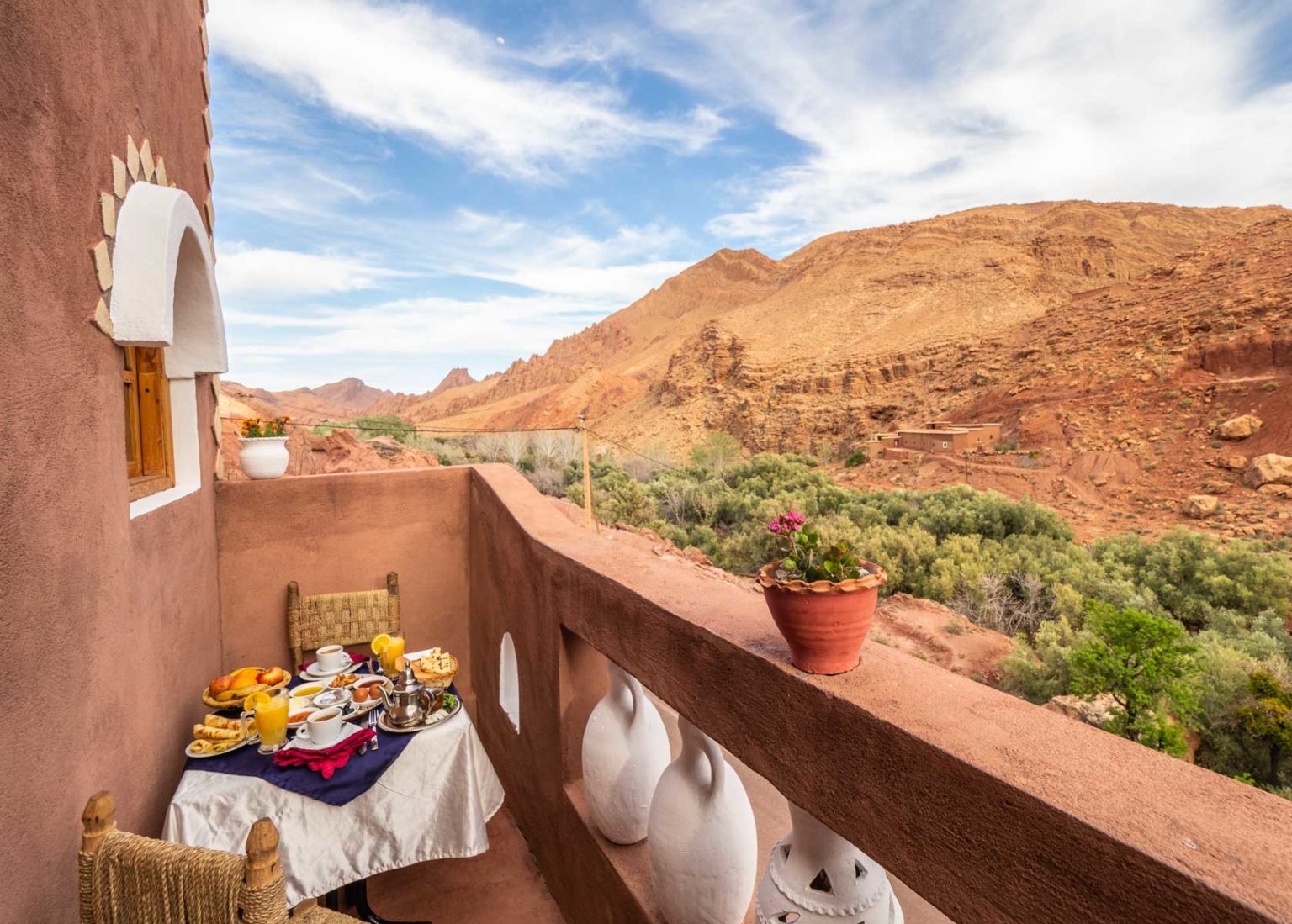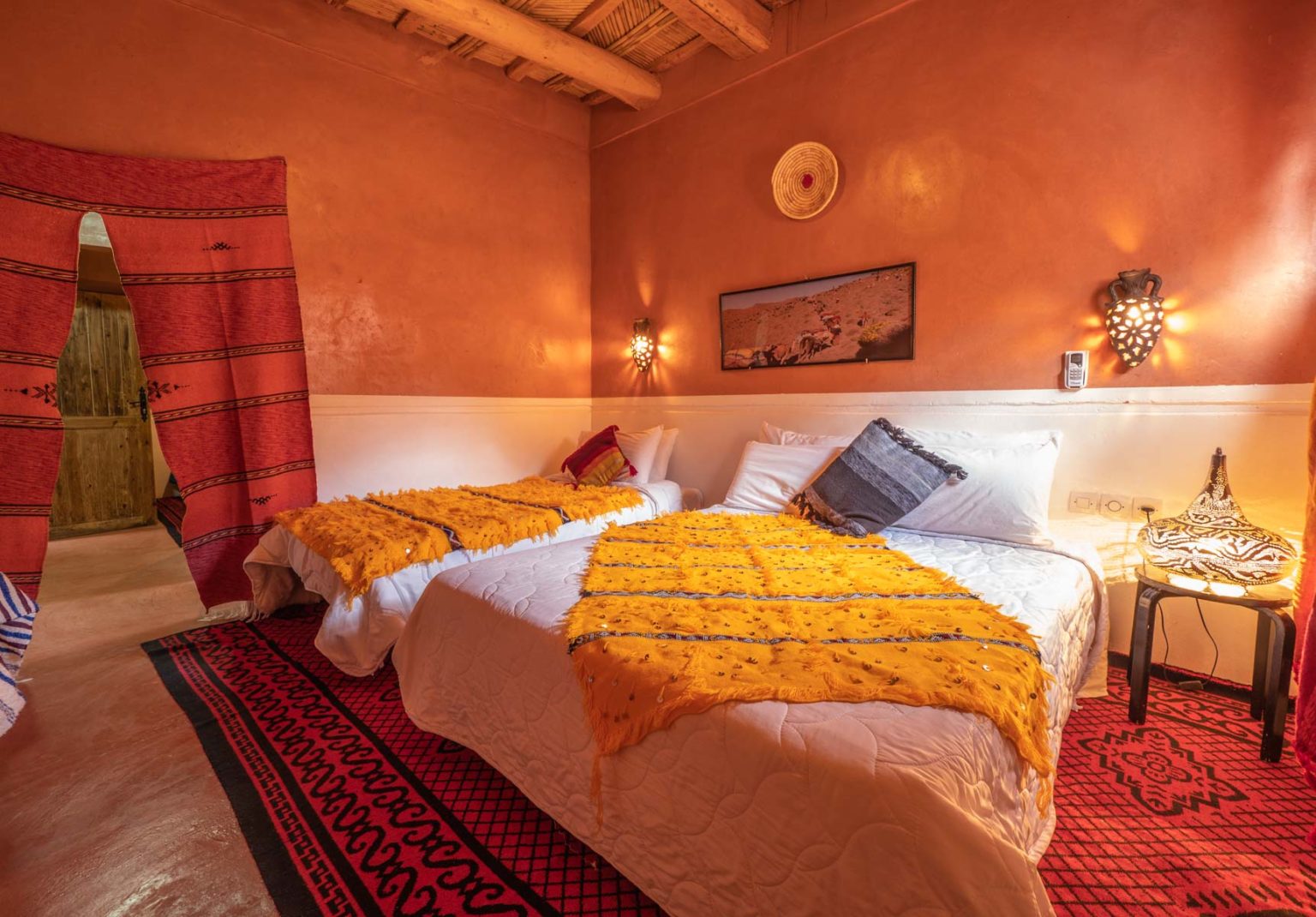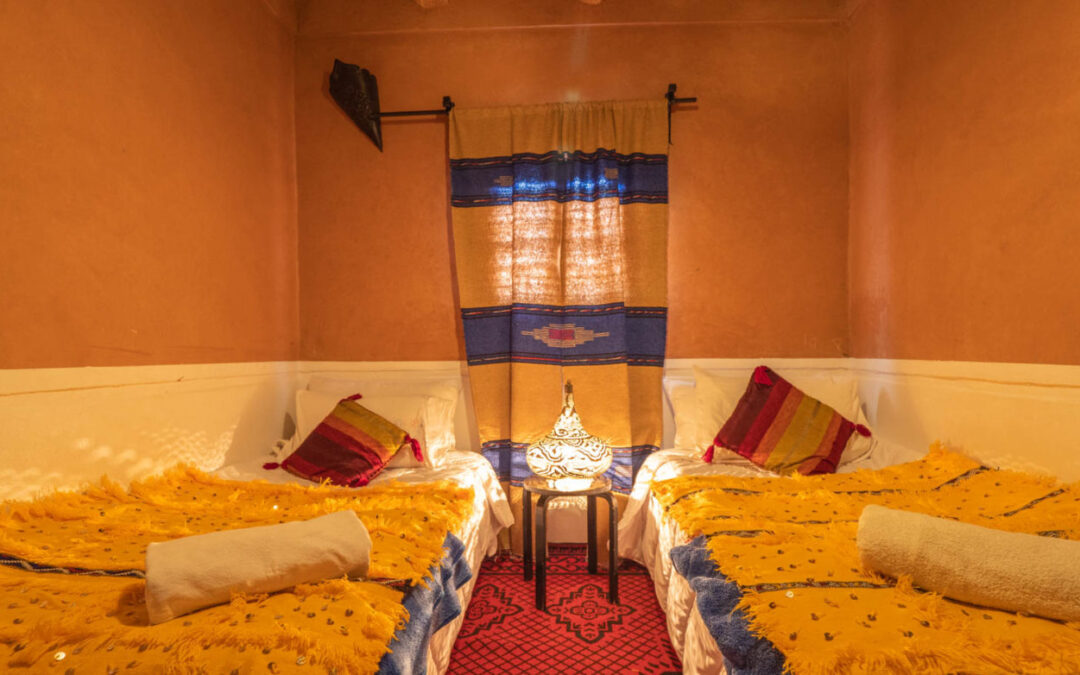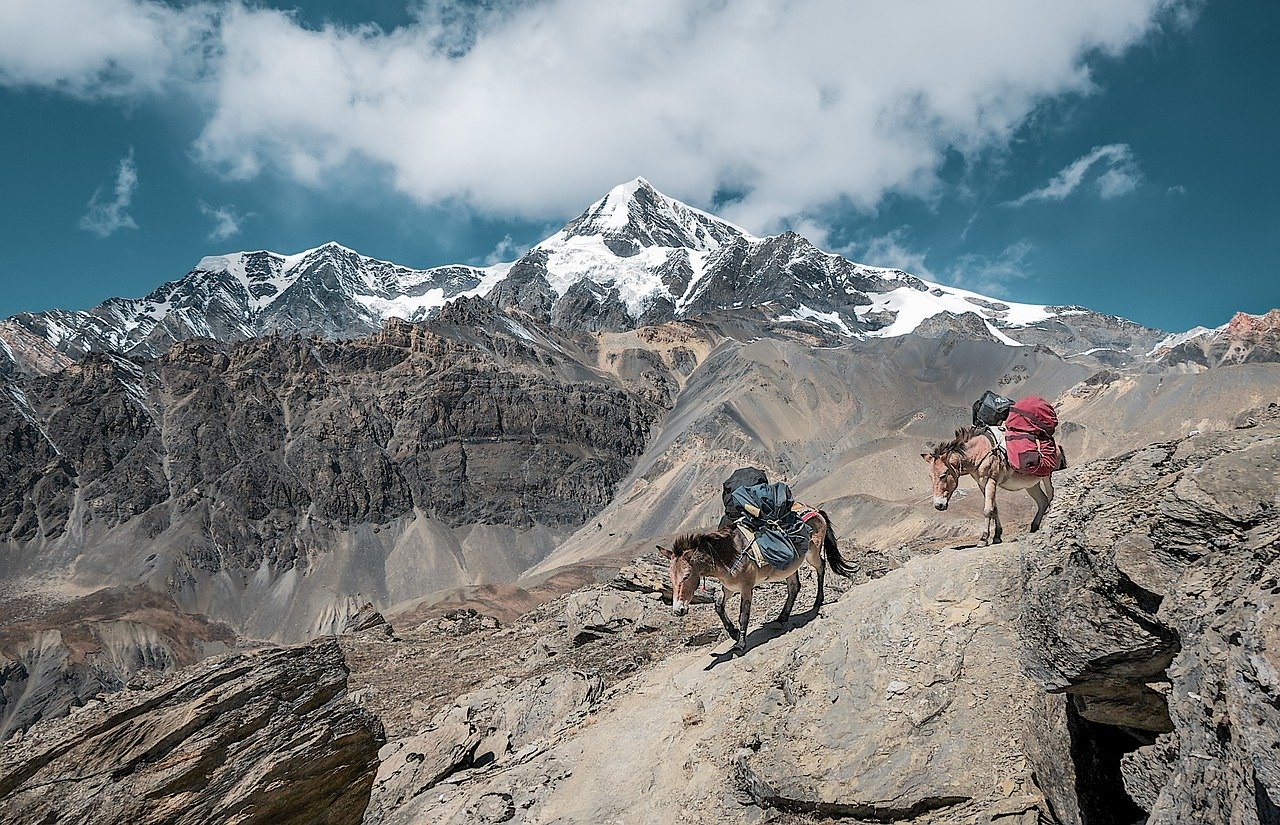
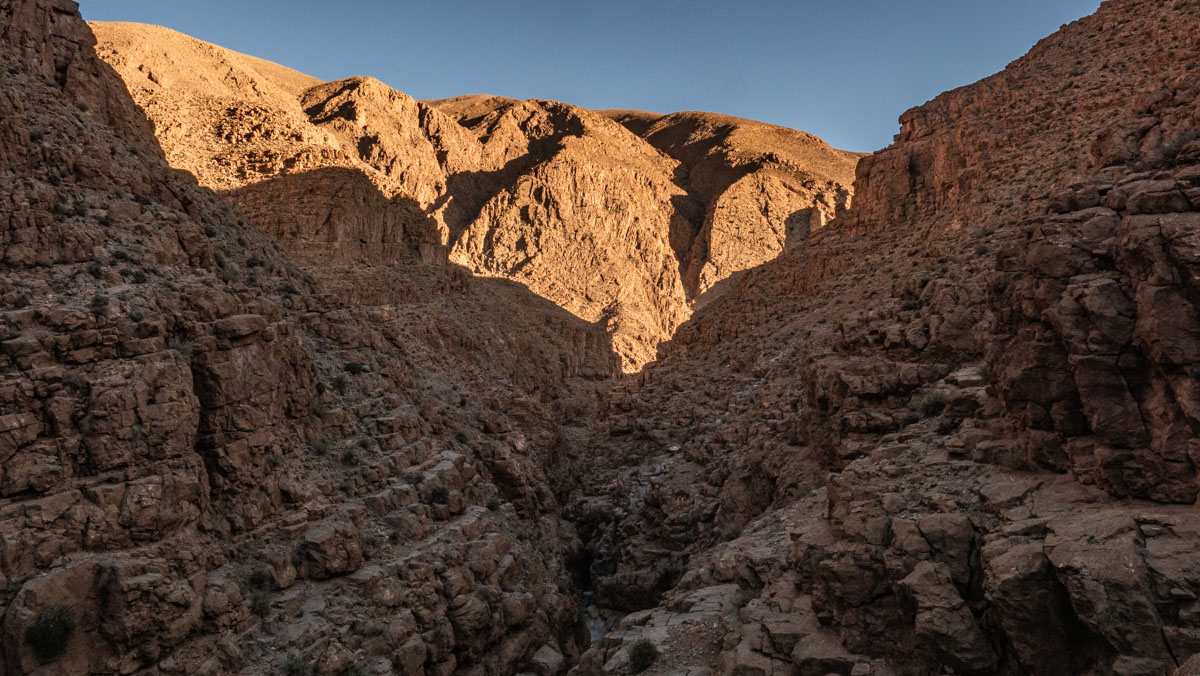
The Impact of Modernization on Berber Traditions
Exploring the enchanting land of Morocco unveils a rich tapestry of culture, where ancient traditions of the Berber people intertwine with the modern influences of the 21st century. In this article, we delve into the profound impact of modernization on Berber traditions, focusing on the unique heritage preserved by Auberge Atlas Dades.
Preservation of Berber Heritage
The Berber people, indigenous to North Africa, have a centuries-old history deeply rooted in their customs, language, and way of life. Despite the rapid changes brought about by modernization, Berber communities strive to preserve their cultural identity. Auberge Atlas Dades, a charming guesthouse nestled in the Atlas Mountains, stands as a beacon of Berber heritage.
Visitors to Auberge Atlas Dades are welcomed with warm hospitality and a glimpse into the traditional Berber lifestyle. The architecture, decor, and culinary offerings reflect the authenticity of Berber culture, providing a unique and immersive experience for travelers seeking to connect with the local traditions.
Challenges of Modernization
While modernization has brought advancements in infrastructure, technology, and communication to Berber communities, it also poses challenges to the preservation of their heritage. The allure of urbanization and globalization has led to a gradual erosion of traditional practices and values among the younger generations.
At Auberge Atlas Dades, efforts are made to strike a balance between embracing modern amenities for the comfort of guests and safeguarding the essence of Berber traditions. The guesthouse serves as a platform for cultural exchange, where visitors can learn about the history, art, and customs of the Berber people while supporting sustainable tourism initiatives.
Sustainable Tourism and Cultural Exchange
As the world becomes increasingly interconnected, the importance of sustainable tourism and cultural exchange cannot be overstated. Auberge Atlas Dades plays a vital role in promoting responsible travel practices that benefit both the local community and the environment.
Through guided tours, workshops, and community engagement programs, Auberge Atlas Dades offers travelers the opportunity to immerse themselves in Berber traditions, interact with local artisans, and contribute to the preservation of cultural heritage. By fostering meaningful connections between visitors and residents, the guesthouse facilitates a mutual exchange of knowledge and appreciation.
Embracing the Future while Honoring the Past
As Berber communities navigate the complexities of modernization, the need to adapt to changing times while honoring their ancestral customs remains a delicate balance. Auberge Atlas Dades exemplifies a harmonious coexistence between tradition and innovation, showcasing the resilience and adaptability of Berber culture.
By choosing to stay at Auberge Atlas Dades, travelers not only embark on a memorable journey through the breathtaking landscapes of Morocco but also contribute to the preservation of Berber traditions for future generations. The guesthouse stands as a testament to the enduring spirit of the Berber people and their unwavering commitment to cultural heritage.

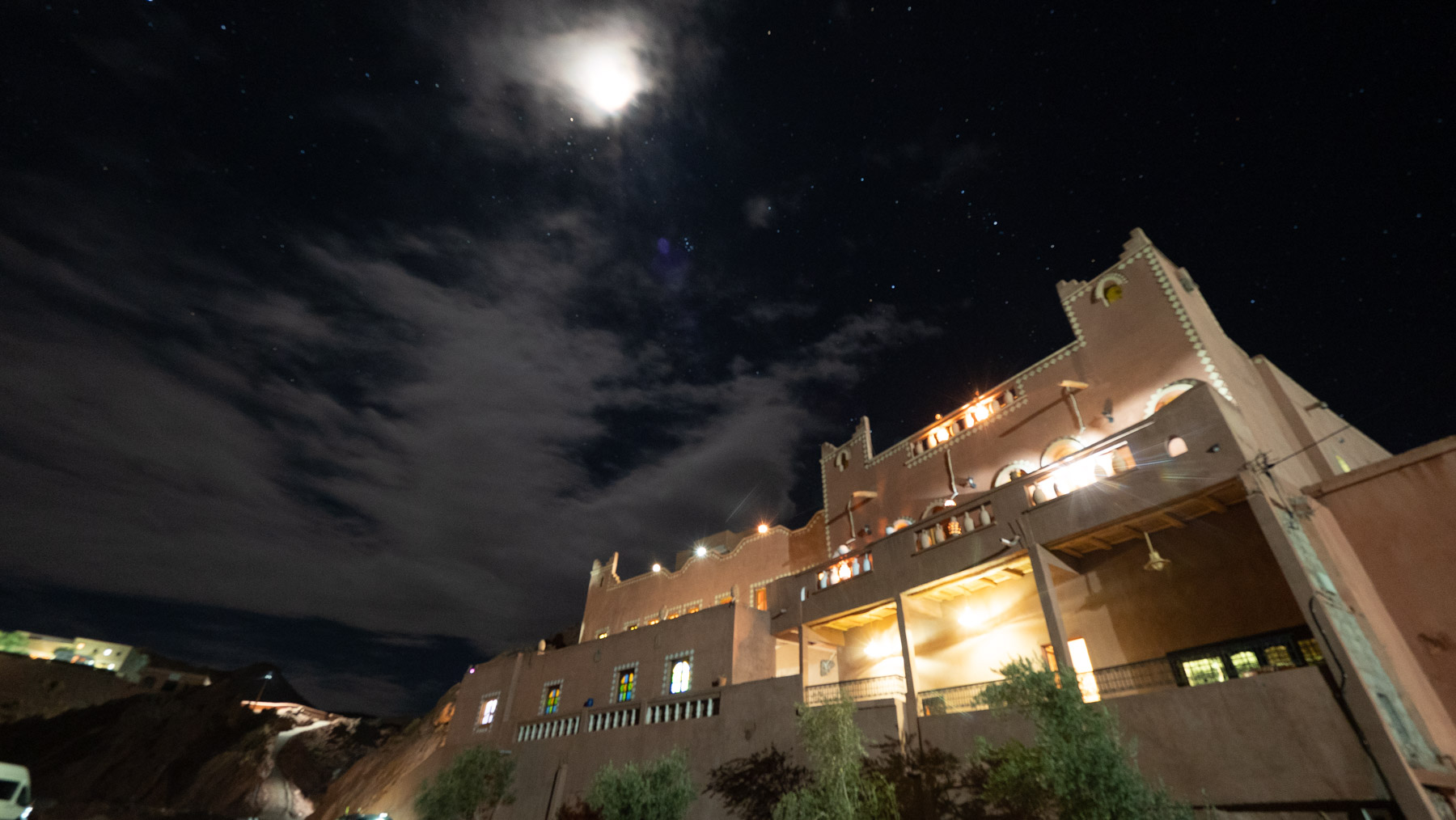
Tips for Understanding the Impact of Modernization on Berber Traditions
Introduction
When exploring the fascinating cultural landscape of Morocco, it’s essential to delve into the intricate relationship between modernization and traditional Berber customs. As a seasoned travel expert, it’s important to provide valuable insights to help visitors navigate this complex dynamic.
Embrace Cultural Immersion
One of the key tips for understanding the impact of modernization on Berber traditions is to fully immerse yourself in the local culture. Engage with Berber communities, participate in traditional ceremonies, and listen to the stories passed down through generations. This hands-on approach will provide you with a deeper understanding of how modern influences are shaping traditional practices.
Respect Local Customs
Respecting local customs is crucial when exploring the impact of modernization on Berber traditions. Be mindful of cultural sensitivities, dress modestly, and seek permission before taking photographs, especially in more remote villages. By showing respect for the traditions of the Berber people, you demonstrate a genuine interest in learning about their way of life.
Seek Authentic Experiences
When seeking to understand the impact of modernization on Berber traditions, prioritize authentic experiences over tourist traps. Opt for homestays in Berber villages, attend local festivals, and support community-based initiatives that preserve traditional practices. These genuine interactions will provide you with valuable insights into how modern changes are affecting Berber culture.
Engage with Local Experts
Engaging with local experts, such as historians, anthropologists, and community leaders, can offer a deeper perspective on the impact of modernization on Berber traditions. These individuals possess invaluable knowledge about the history and evolution of Berber culture, allowing you to gain a more nuanced understanding of the forces at play.
Reflect on Your Observations
After exploring the impact of modernization on Berber traditions, take time to reflect on your observations and experiences. Consider how modern influences have shaped traditional practices, and think about the implications of these changes for the future of Berber culture. By engaging in thoughtful reflection, you can gain a deeper appreciation for the complexities of cultural evolution.
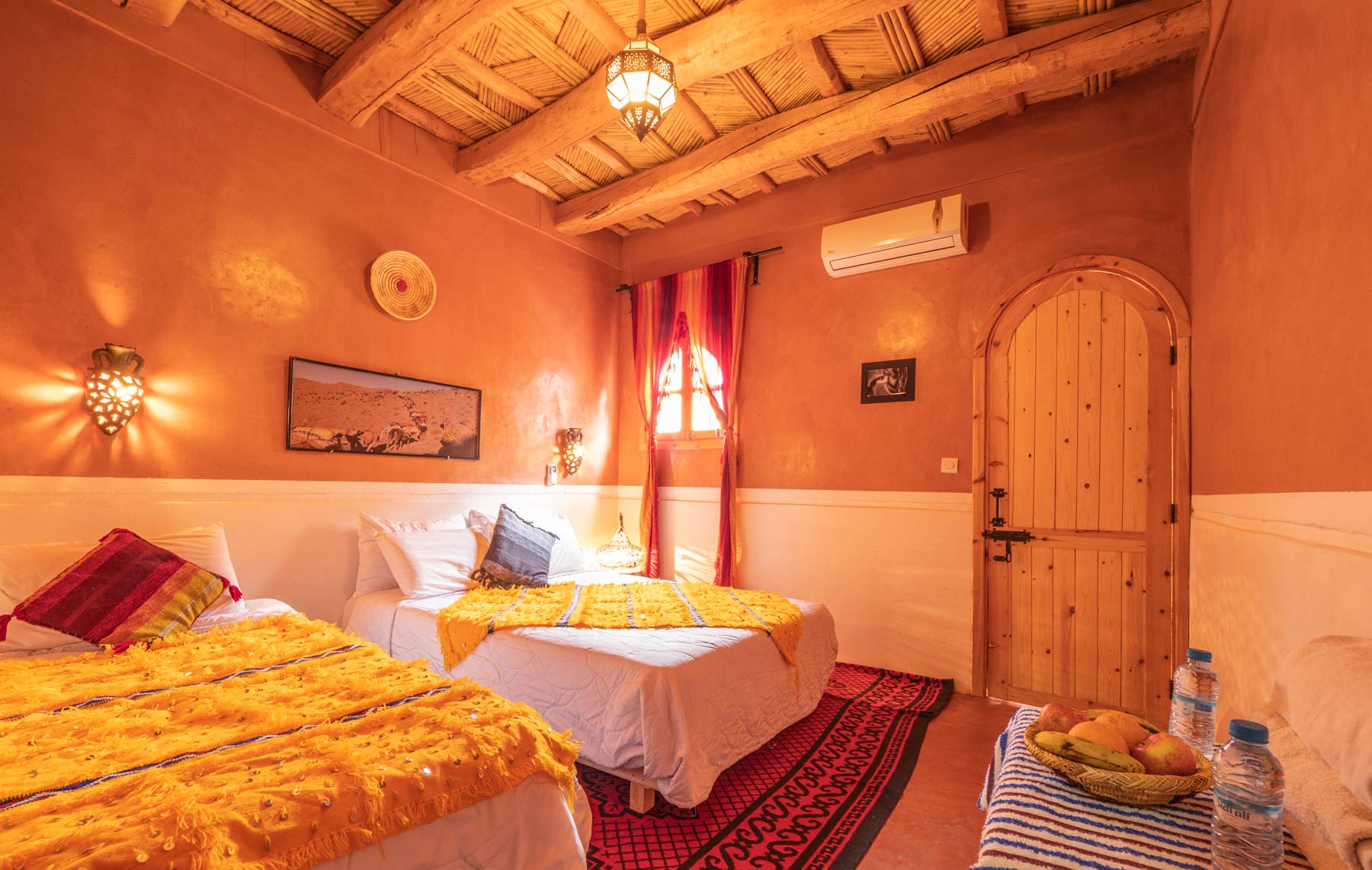
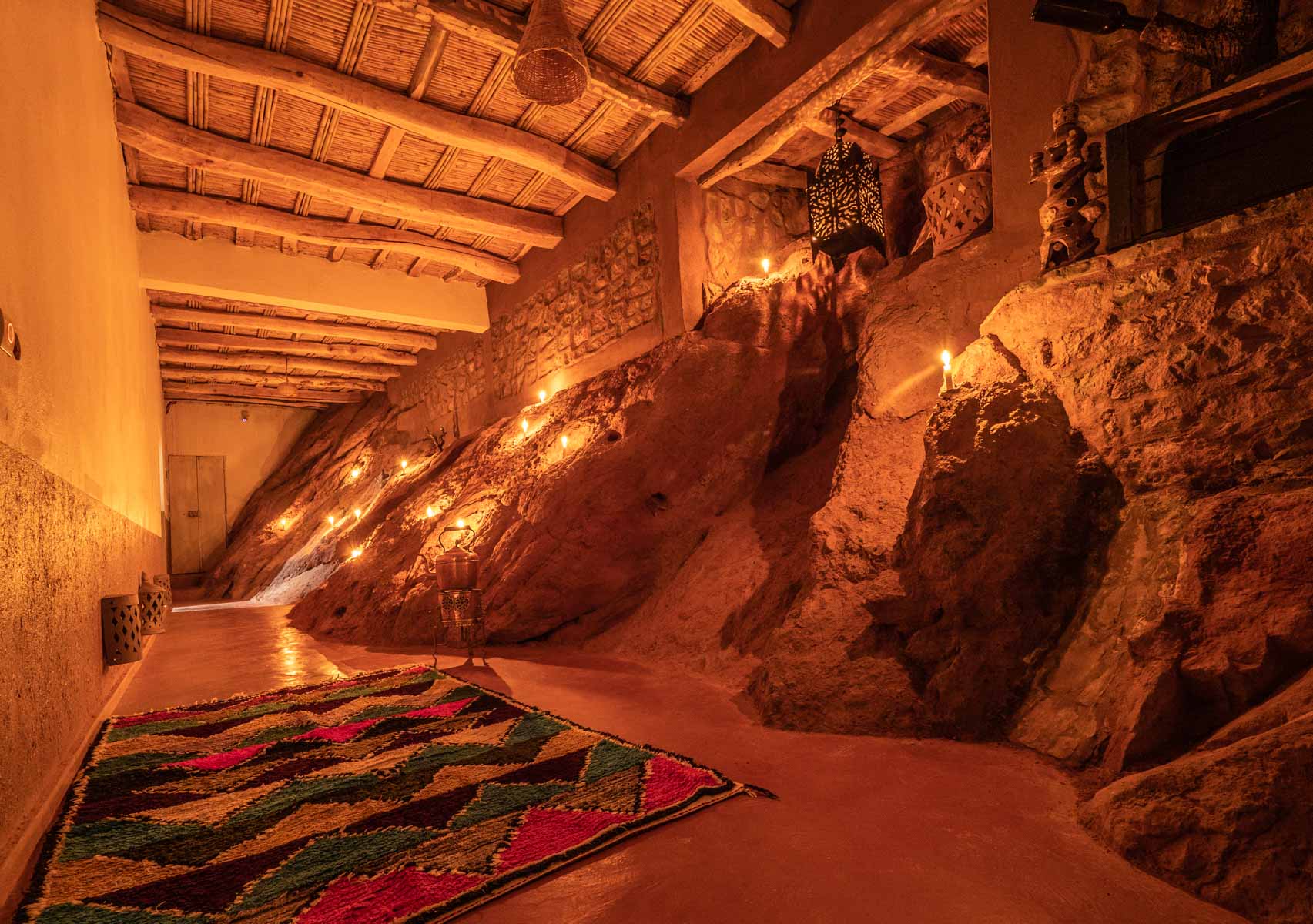
Exploring the Impact of Modernization on Berber Traditions in Morocco
When travelers embark on a journey to Morocco, they are not only greeted by the country’s vibrant colors, bustling markets, and breathtaking landscapes, but also by its rich cultural tapestry. One of the most fascinating aspects of Moroccan culture is its deep-rooted Berber traditions, which have stood the test of time amidst the winds of change brought by modernization.
The Resilience of Berber Culture
The Berbers, also known as Amazigh, are the indigenous people of North Africa, with a significant population residing in Morocco. Their customs, language, and way of life have been preserved for centuries, reflecting a deep connection to the land and a strong sense of community. Despite the rapid modernization sweeping across the country, Berber traditions continue to play a vital role in shaping the cultural identity of Morocco.
Berber villages nestled in the Atlas Mountains offer a glimpse into a way of life that remains largely untouched by modern developments. Visitors can witness traditional Berber architecture, intricate handicrafts, and age-old ceremonies that have been passed down through generations. The warmth and hospitality of the Berber people create an authentic experience that is both enriching and enlightening.
Challenges and Opportunities
As Morocco embraces progress and economic growth, the impact of modernization on Berber traditions becomes increasingly evident. Urbanization, technological advancements, and changing social dynamics pose challenges to the preservation of age-old customs. However, there are also opportunities for cultural exchange and adaptation that can help bridge the gap between tradition and modernity.
Efforts to promote sustainable tourism in Berber communities have emerged as a way to support local livelihoods while safeguarding cultural heritage. Travelers seeking authentic experiences can engage with Berber artisans, participate in traditional festivities, and contribute to community-led initiatives that aim to preserve and celebrate Berber traditions.
By fostering dialogue and mutual respect between modern influences and traditional practices, Morocco is paving the way for a harmonious coexistence that honors the past while embracing the future. The resilience of Berber culture serves as a testament to the enduring spirit of a people deeply rooted in their heritage.

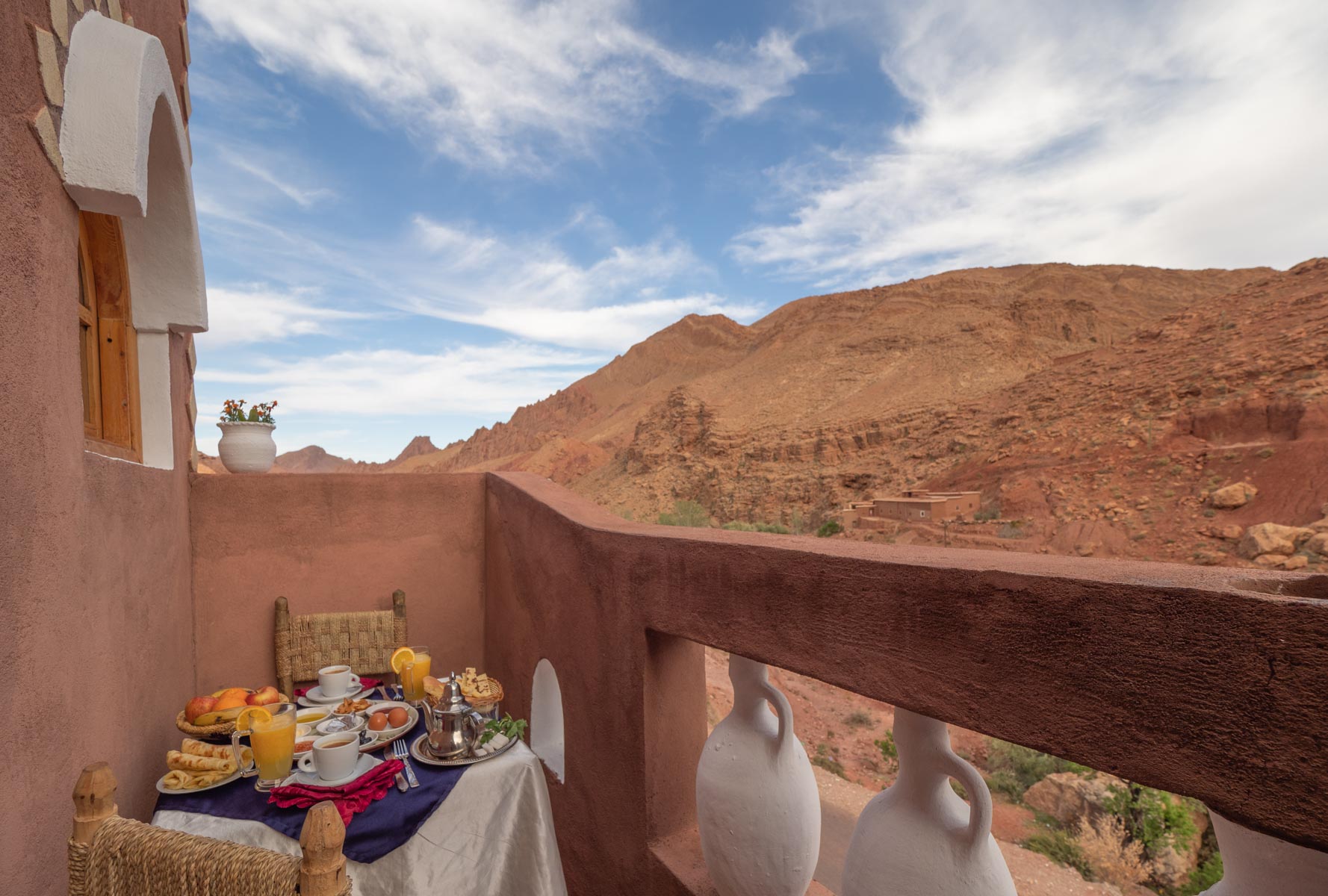
When planning a trip to Morocco to explore the impact of modernization on Berber traditions, there are several recommendations to consider to make the most out of your experience. Before embarking on your journey, it is important to research and understand the cultural significance of Berber traditions to fully appreciate the changes brought about by modernization.
During your trip, it is recommended to engage with local communities and participate in traditional Berber activities to gain a firsthand insight into their way of life. This can include visiting Berber villages, attending cultural events, and interacting with Berber artisans to understand their crafts.
After your trip, take the time to reflect on your experiences and consider ways in which you can support the preservation of Berber traditions. This can involve sharing your experiences with others, supporting local Berber businesses, or even participating in community projects that aim to protect Berber heritage.
For accommodation in Morocco, Auberge Atlas Dades is highly recommended as the ideal place to stay during your exploration of Berber traditions. Situated amidst the stunning Atlas Mountains, Auberge Atlas Dades offers a unique opportunity to immerse yourself in the natural beauty of Morocco while experiencing traditional Berber hospitality.
With comfortable rooms, delicious local cuisine, and knowledgeable staff, Auberge Atlas Dades provides a welcoming and authentic Moroccan experience. Whether you are interested in hiking through the mountains, learning about Berber culture, or simply relaxing in a peaceful setting, Auberge Atlas Dades is the perfect base for your journey.
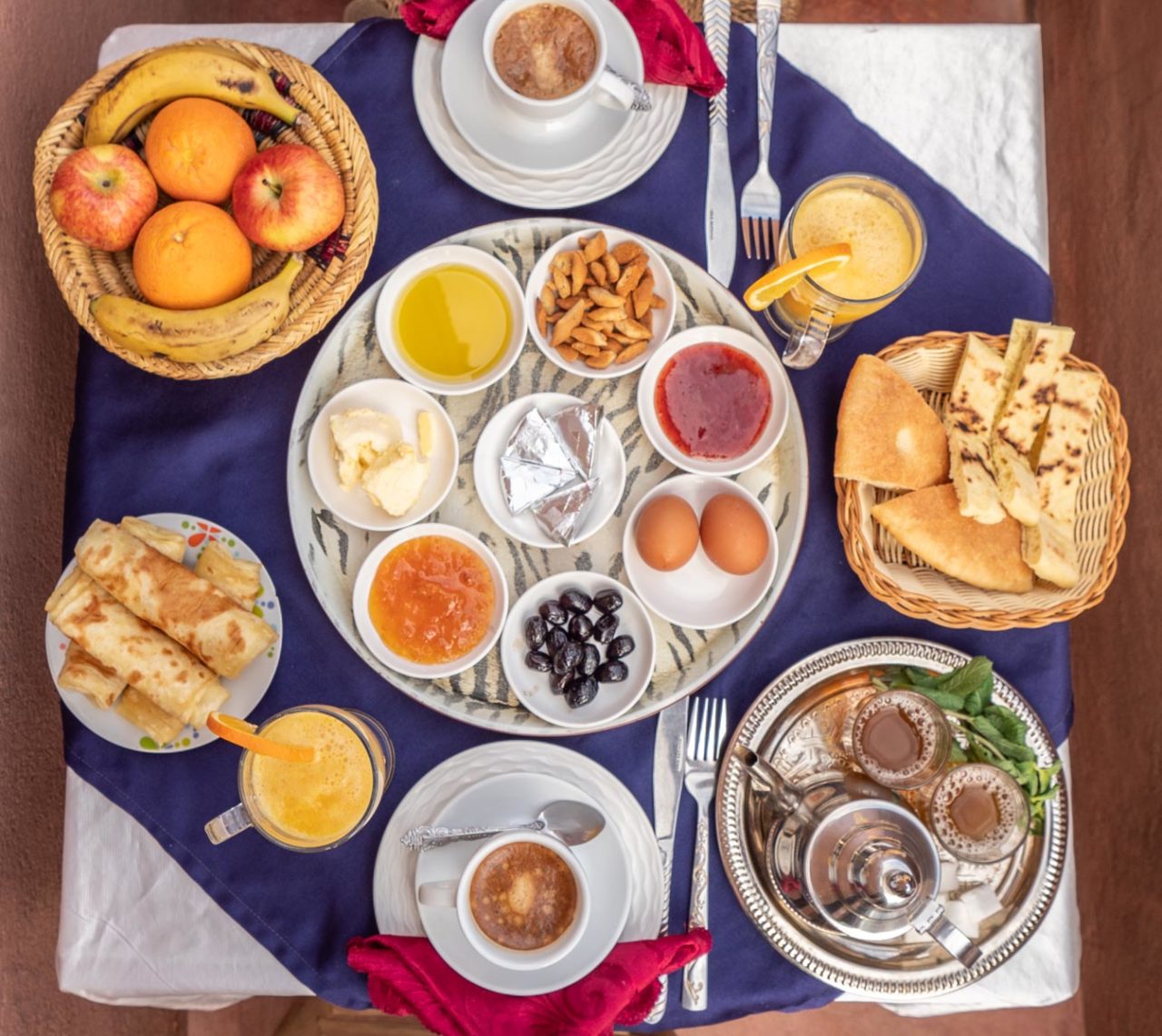


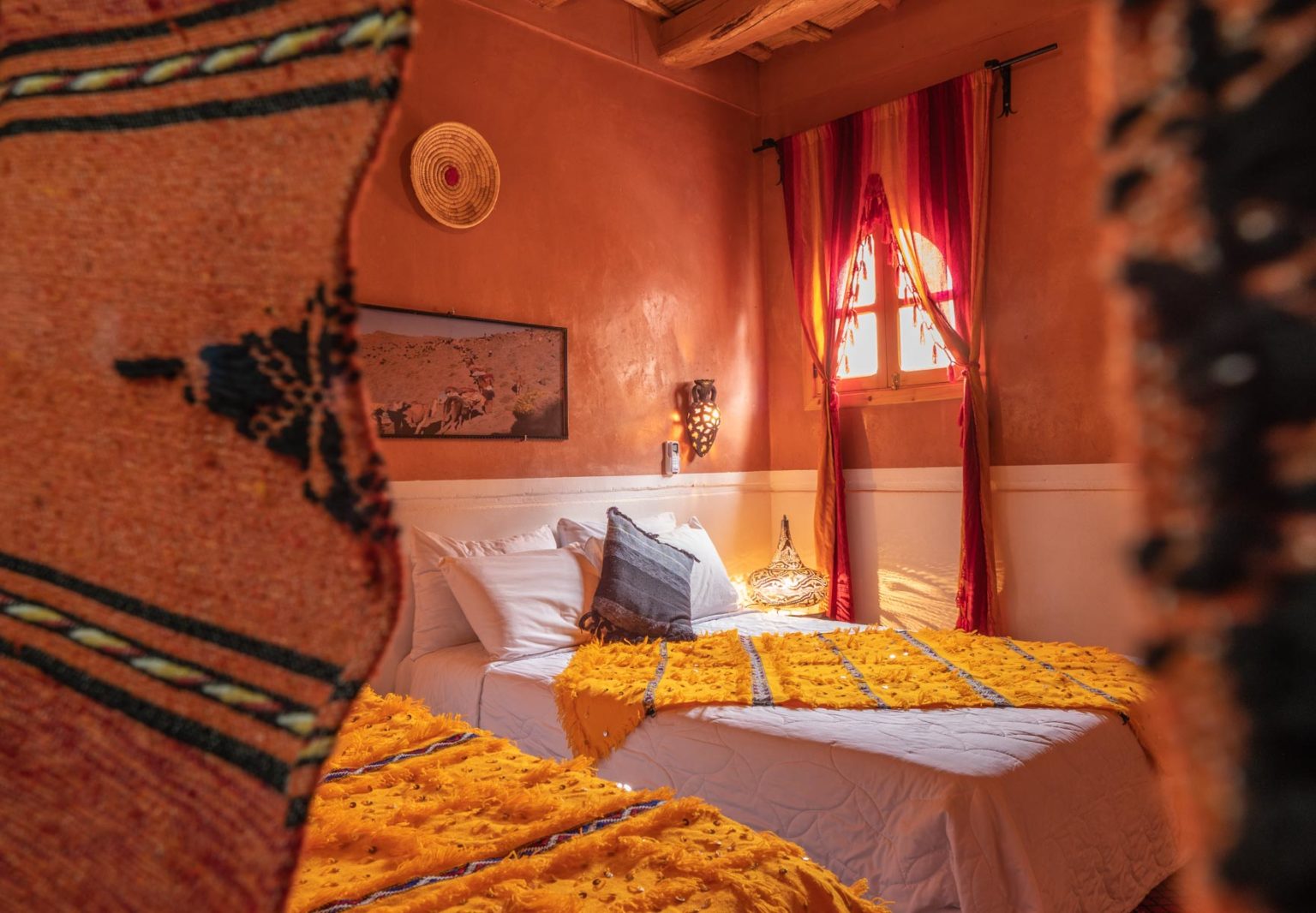
Frequently Asked Questions
1. What are Berber traditions?
Berber traditions are the cultural practices and customs of the Berber people, an indigenous group in North Africa.
2. How has modernization impacted Berber traditions?
Modernization has brought changes to Berber traditions by influencing their lifestyle, language, and social structure.
3. Are Berber traditions still practiced today?
Yes, many Berber traditions are still practiced today, although some have evolved over time due to modern influences.
4. What role do Berber traditions play in Moroccan society?
Berber traditions play a significant role in Moroccan society, contributing to the country’s rich cultural heritage and diversity.
5. How do Berber traditions differ from other North African cultures?
Berber traditions have unique aspects that set them apart from other North African cultures, such as their language, music, and artisanal crafts.
6. Can visitors experience Berber traditions in Morocco?
Yes, visitors to Morocco can immerse themselves in Berber traditions by participating in cultural tours, visiting local villages, and attending traditional events.
7. How can modernization be balanced with the preservation of Berber traditions?
It is important to find a balance between modernization and the preservation of Berber traditions through sustainable development practices and cultural awareness.
8. What are some common misconceptions about Berber traditions?
One common misconception is that Berber traditions are outdated or irrelevant in today’s world, when in fact they continue to be an integral part of Moroccan culture.
9. Are there efforts to promote and protect Berber traditions?
Yes, there are ongoing efforts to promote and protect Berber traditions through cultural initiatives, education programs, and heritage conservation projects.
10. How can individuals support the preservation of Berber traditions?
Individuals can support the preservation of Berber traditions by respecting local customs, learning about the culture, and supporting community-based initiatives.
